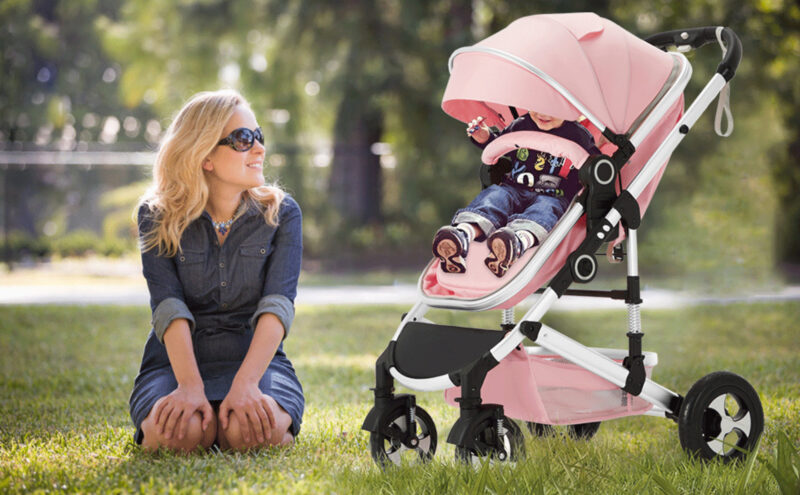Traveling with a baby is no small feat. You’re juggling bags, snacks, naps, and an unpredictable little one. Parents often find themselves wondering how to make their journey smoother. Should you opt for a baby carrier, or should you stick with a stroller? Let’s tackle the debate head-on and figure out which option suits your travel style best.
Key Points
- Baby carriers offer hands-free convenience.
- Strollers provide storage and comfort for longer trips.
- Consider the terrain and your travel plans before choosing.
- Each option has unique advantages depending on the situation.
Hands-Free Freedom ─ The Case for Baby Carriers
There’s something magical about keeping your baby close. Baby carriers give you that intimacy, but they’re also incredibly practical. They let you navigate airports, cobblestone streets, or crowded markets without worrying about wheels getting stuck. Plus, carriers free up your hands for passports, snacks, or a much-needed coffee.
For parents who love multitasking or have active toddlers running around, carriers make life easier. They are lightweight, compact, and fit right into your luggage. Many models even come with adjustable straps and breathable fabric, ensuring both parent and baby stay comfortable.
Carriers are also perfect for soothing a fussy baby. Being close to your heartbeat and body warmth can work wonders when your little one is overstimulated by the hustle and bustle of a trip.
When a Stroller Shines
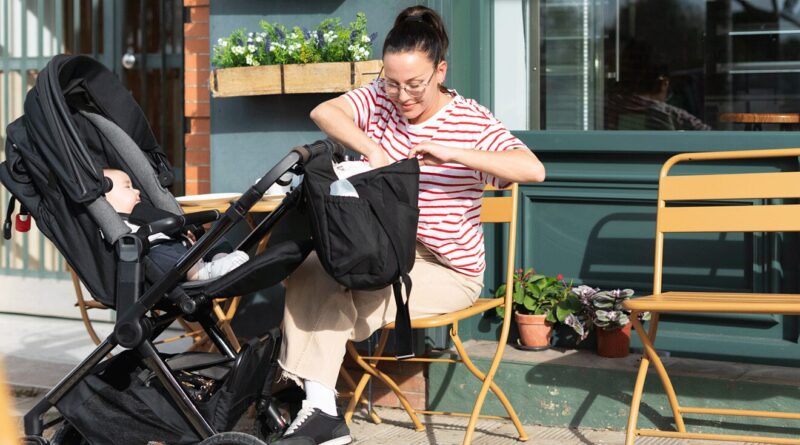
Strollers, on the other hand, feel like the Swiss Army knife of baby gear. They provide a comfy spot for naps, extra storage for diaper bags, and a place to strap down your child when they’re feeling wiggly. If your trip involves long stretches of walking, a stroller might save your back from unnecessary strain.
Modern strollers offer impressive features, including sunshades, reclining seats, and undercarriage storage for all your travel essentials. Some models fold down easily, making them a breeze to bring along on public transport or airplanes.
For longer trips, strollers act as a mobile base station. You can load it up with snacks, water bottles, toys, and even a jacket or two. Plus, they’re a lifesaver when your baby needs a place to stretch out or nap during the day.
Comparing Comfort and Convenience
1. For You
Parents often underestimate how much a choice between carriers and strollers affects their comfort. Baby carriers distribute weight evenly across your shoulders and hips, but in warm climates, they can get uncomfortably hot. On the other hand, strollers eliminate physical strain, but their bulkiness can be a hassle in crowded areas or narrow walkways.
2. For Your Baby
Comfort for your baby depends on their age and preferences. Newborns love the closeness of carriers, which mimic the security of the womb. However, as kids grow, they might feel restricted in a carrier, especially during long hours. Strollers provide space for them to nap, stretch, or observe their surroundings without being confined.
What’s the Best Choice for Your Destination?
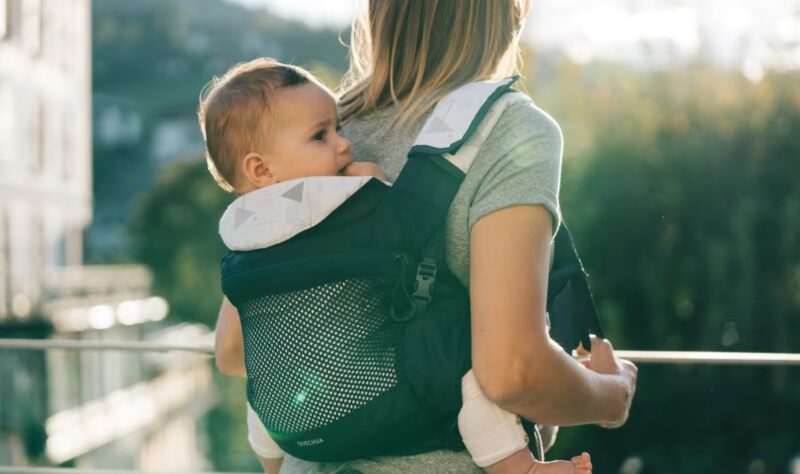
City Breaks
Urban travel often means navigating crowded streets, subways, and elevators. A carrier is ideal in places where mobility is key. It’s easier to maneuver through busy spots, and you won’t have to search for ramps or elevators. Carriers also let you take shortcuts through narrow alleys or crowded markets without hassle.
For cities with smooth pavements and parks, strollers are a lifesaver. They let you pack essentials, giving you one less thing to carry. Just be ready to fold it down for stairs, escalators, or public transport. Lightweight strollers are especially handy for city trips, as they combine convenience with portability.
Outdoor Adventures
Hiking trails and uneven paths aren’t stroller-friendly. Carriers are perfect for outdoor lovers. They let you explore without worrying about lugging extra weight. A carrier allows you to keep your hands free for navigating uneven terrain or helping an older sibling.
For short walks or nature trails, a sturdy stroller can work, but carriers still shine on rugged terrain. If you’re camping or venturing into forests, the close bond a carrier offers might also help your baby feel calm and safe.
Practical Tips for Making the Decision
- Check the weather ─ Hot and humid climates favor strollers for ventilation, while carriers work well in cooler weather.
- Plan your activities ─ If your trip involves lots of walking, prioritize comfort. Choose carriers for short, active days and strollers for long outings.
- Test both before you leave ─ Practice packing and wearing your carrier or folding your stroller to avoid last-minute frustration.
- Think about your baby’s age ─ Newborns and smaller infants often prefer carriers, but toddlers might need the roomier comfort of a stroller.
- Consider accessibility ─ Research your destination to understand what will work better. Some places are stroller-friendly, while others might require a carrier.
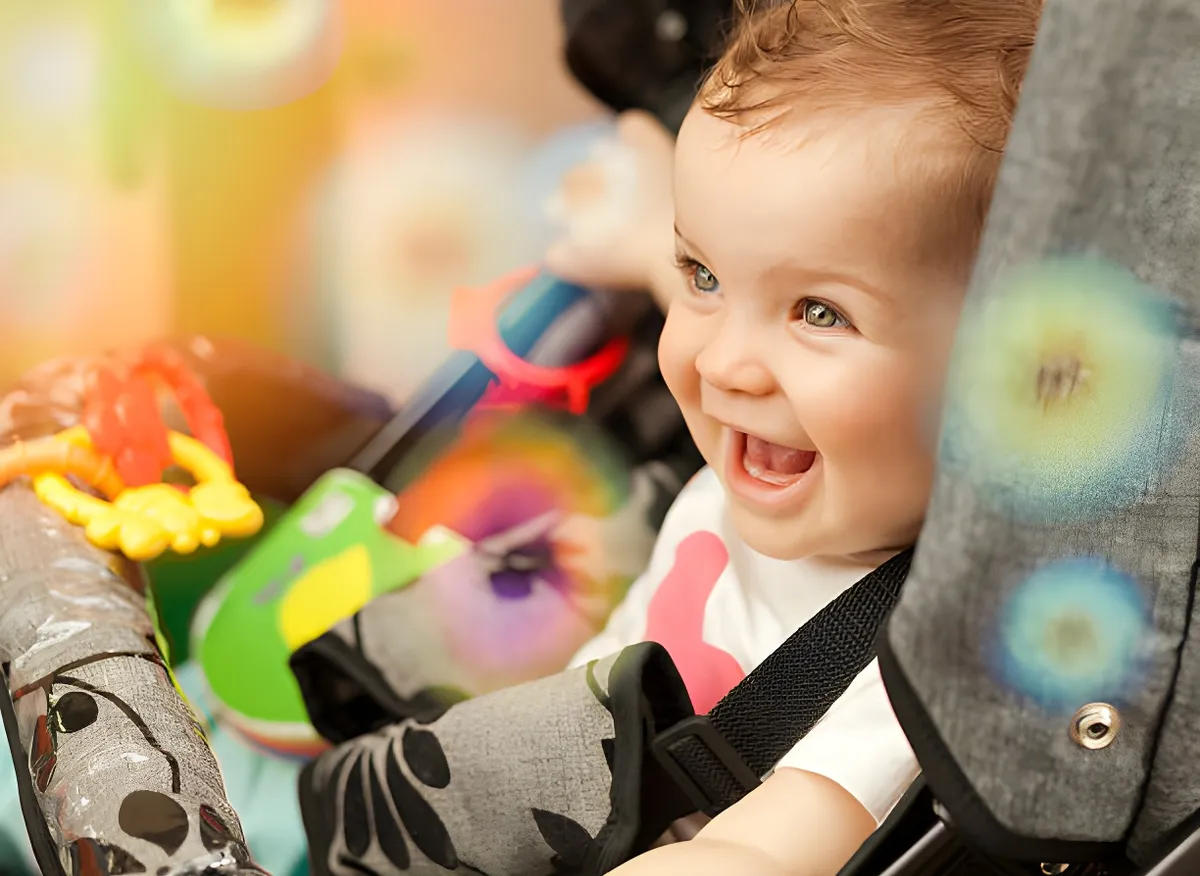
Pros and Cons of Each
Table 1: Pros and Cons of Baby Carriers
| Pros of Baby Carriers | Cons of Baby Carriers |
| Lightweight and easy to pack | Can get uncomfortable in hot weather |
| Keeps your baby close and comforted | Limited storage options |
| Hands-free convenience for multitasking | Older babies may feel restricted |
| Ideal for crowded or uneven terrain |
Table 2: Pros and Cons of Strollers
| Pros of Strollers | Cons of Strollers |
| Offers storage for essentials like bags and snacks | Bulky and harder to transport in small spaces |
| Provides a safe and spacious area for naps | Requires ramps or elevators for accessibility |
| Great for long stretches of walking | Might not work on rugged terrain |
| Many models have features like sunshades and reclining seats |
Dual Approach ─ Why Not Both?
The smartest parents pack both. A lightweight stroller and a compact carrier complement each other perfectly. Use a stroller for long stretches and a carrier for quick errands or places where wheels don’t work.
For instance, if your morning involves walking along smooth city streets, bring your stroller. In the afternoon, when you’re exploring a museum with narrow hallways, switch to your carrier. This flexibility ensures you’re ready for any situation, and it also gives you options if your baby’s mood changes.
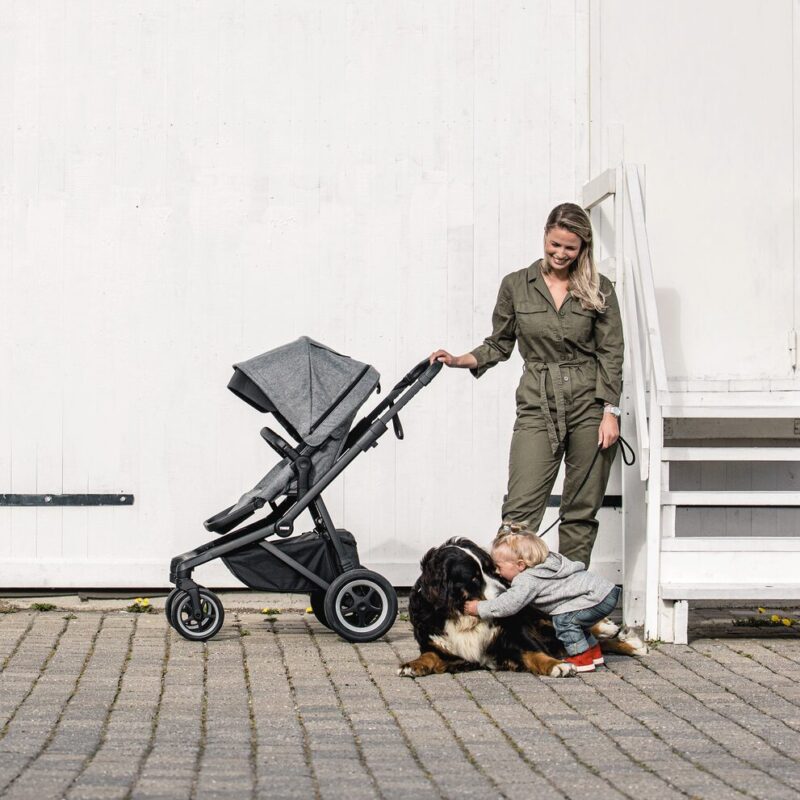
Real-Life Scenarios
- At the airport ─ A carrier helps you breeze through security without needing to fold or store anything. Meanwhile, a stroller becomes handy for longer waits at the gate.
- Exploring a theme park ─ Strollers win here. They provide storage for jackets, snacks, and toys while offering your child a shaded resting place.
- Visiting a rural village ─ Carriers are unbeatable in rural areas with bumpy roads or cobblestone paths where wheels struggle.
Final Thoughts
There’s no one-size-fits-all answer. Baby carriers and strollers each have their strengths. Your decision depends on your destination, travel plans, and your baby’s preferences. Many parents find that combining both options gives them the flexibility needed for smooth travel.
Prepare for your trip with flexibility in mind, and don’t forget to pack your sense of humor—it’s a parent’s best travel tool. Whatever you choose, the goal is the same: making travel less stressful and more enjoyable for your family. Good luck, and happy travels!
Related Posts:
- What You Need to Know About Carrier Neutral Colocation
- C# vs. C++ ─ Choosing the Right Language for Your…
- Is Your Vendor Management Process Ready for the Next…
- Top 7 Augmented Reality Trends for 2023: Next Frontier
- Top 5 Next Generation Data Center Trends You Need to…
- Hot Site vs Cold Site: Which is the Best Backup Site?

